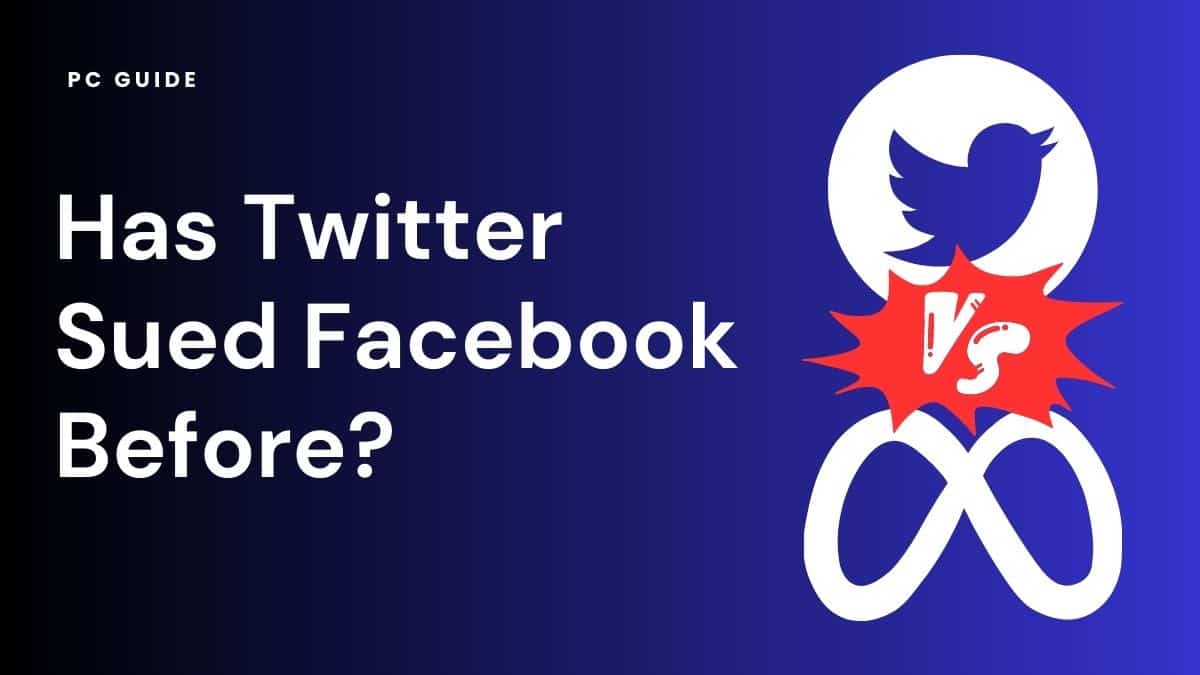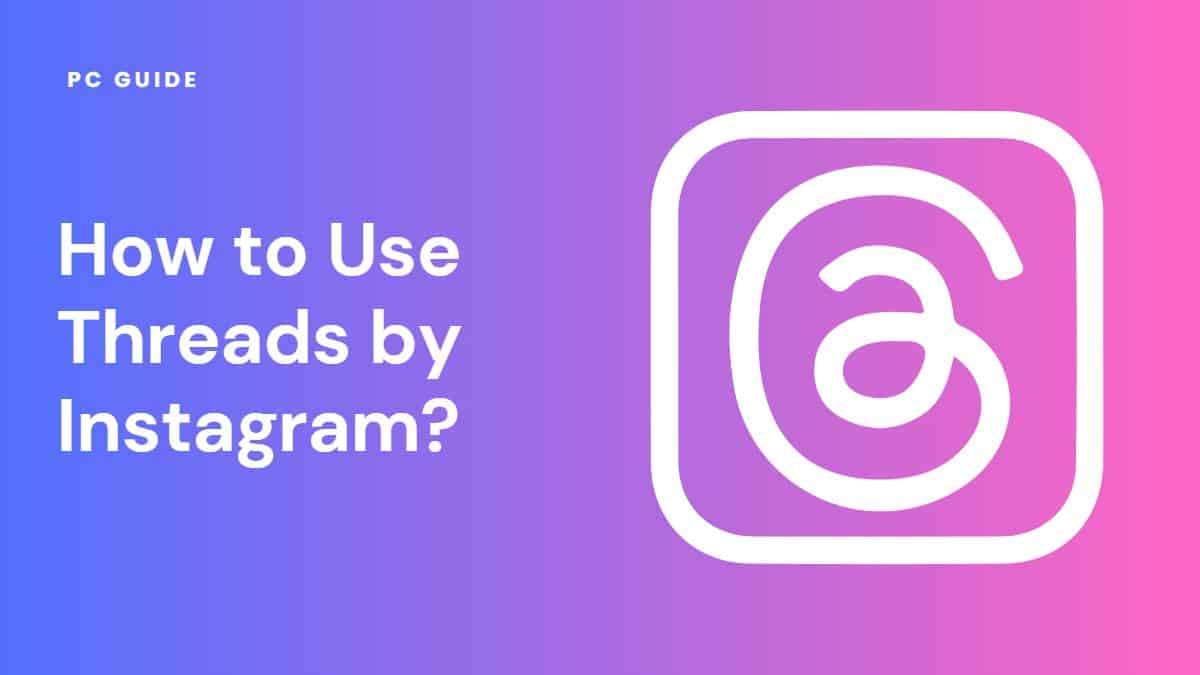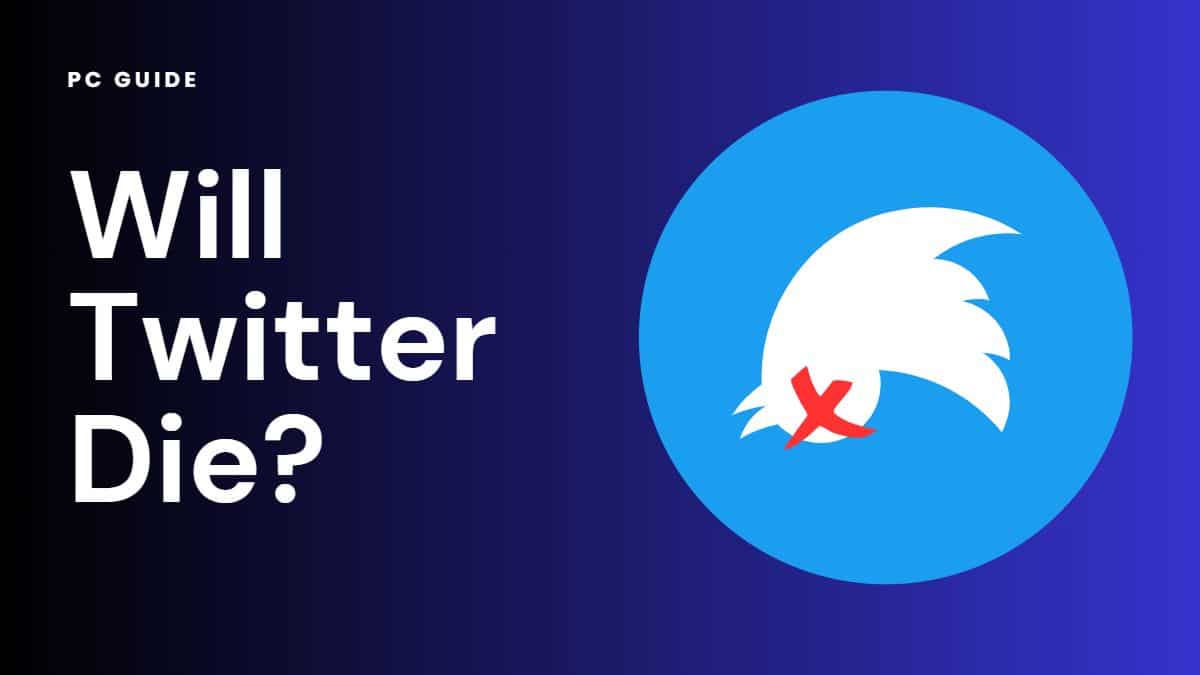Has Twitter Sued Facebook Before?

Table of Contents
Facebook and Twitter, two of the most popular social media platforms, are no strangers to controversy. With millions of users logging in daily, these platforms have become central to public discourse and free speech. However, they also share a history of tension, often finding themselves at odds.
Recently, these tensions have escalated, with Twitter’s lawyers, including Alex Spiro, filing a lawsuit against Facebook on a Wednesday. The lawsuit alleges cheating and unlawful misappropriation of Twitter’s trade secrets by Facebook, putting the spotlight on intellectual property rights in the tech industry.
Even Elon Musk, a prominent figure in the tech world, has weighed in on the issue. This case, handled by Twitter’s Threads Engineering Team and involving Semafor, could have significant implications for the industry and the future of social media.
Has Twitter Sued Meta (Facebook) Before?
Twitter has not filed any direct lawsuit cases against Facebook. However, Twitter is threatening Meta (Facebook) against their newly launched App called “Threads.”
A Twitter attorney claims that Meta has copied their concept of “Threads” and even stole trade secrets. Twitter has even initiated a major step of sending a letter to the CEO of Facebook for his notice. The Twitter attorney claims that Facebook stole their trade secrets and other highly confidential company information.
Moreover, they have even demanded strict action against the concerned matter and not use their trade secrets or other confidential information to their benefit. Twitter is planning to sue Facebook on the ground that Facebook hired dozens of their former employees to create Threads as a “Copycat” App.
However, Facebook strongly denies these accusations and claims Threads to be mainly their unique creation with its existing integration with Instagram. The CEO denied the allegations, stating there was not even a single former Twitter employee involved in Threads development, which is all baseless.
The Role of Lawyers in Twitter’s Lawsuit Against Facebook
In Twitter’s lawsuit against Facebook, lawyers play a crucial role. One of the key figures is Alex Spiro, a renowned lawyer known for his expertise in intellectual property rights. Spiro and his team are alleging that Facebook engaged in cheating and unlawful misappropriation of Twitter’s trade secrets.
These allegations, if proven, could have significant implications for Facebook and the tech industry as a whole. The legal battle is expected to be intense, with both sides presenting robust arguments to support their case.
The Involvement of Twitter’s Threads Engineering Team and Semafor
Twitter’s Threads Engineering Team and Semafor are central to the lawsuit against Facebook. The Threads Engineering Team, responsible for developing and maintaining Twitter’s core features, alleges that Facebook misappropriated proprietary technology. Semafor, a project within Twitter, is also implicated in the lawsuit. While details are scarce, it’s clear that the work of these teams is at the heart of the intellectual property rights dispute.
Elon Musk’s Take on the Twitter-Facebook Lawsuit
Elon Musk, the CEO of Tesla and SpaceX, is known for his outspoken views on tech industry issues. While he has not made a public statement about the Twitter-Facebook lawsuit yet, his past comments suggest that he is a strong advocate for fair competition and intellectual property rights. Should he comment on the lawsuit, his views could influence public opinion and potentially impact the case.
The Impact of the Lawsuit on Free Speech and Infringement
The Twitter-Facebook lawsuit raises important questions about free speech and infringement in the digital age. If Twitter’s allegations of cheating and misappropriation of trade secrets are proven, it could set a precedent for how intellectual property rights are protected on social media platforms. This could impact how users, including journalists and public figures, express themselves online and how platforms manage and protect user-generated content.
FAQs
Did Facebook Ever Try to Buy Twitter In the Past?
Facebook owner and CEO Mark Zuckerberg tried to buy Twitter twice. He tried it via Twitter’s co-founder Jack Dorsey and other official channels. However, each time, Twitter rejected the offer due to multiple reasons.
How could the lawsuit impact free-speech and infringement issues on social media platforms?
If Twitter’s allegations against Facebook are proven, it could set a precedent for how intellectual property rights are protected on social media platforms. This could impact how users express themselves online and how platforms manage and protect user-generated content. It could also lead to more stringent measures to prevent the misappropriation of trade secrets, which could affect how platforms develop and implement new features.
Conclusion
Undoubtedly, Facebook and Twitter are major social media rivals, often finding themselves at odds over issues ranging from censorship to copyright infringements. Even with Facebook’s past attempts to buy Twitter, tensions persist.
This time, Twitter has taken a serious step forward, accusing Facebook of using their trade secrets to create Threads, an allegation Facebook strongly denies. This lawsuit, which could potentially result in punitive damages, is not just about these two tech giants. It also involves broader issues like First Amendment rights, the role of music publishers, and the influence of other tech leaders like Google’s Sundar Pichai.
As the case unfolds, it could have significant implications for the tech industry and how social media platforms operate under the Communications Decency Act.

